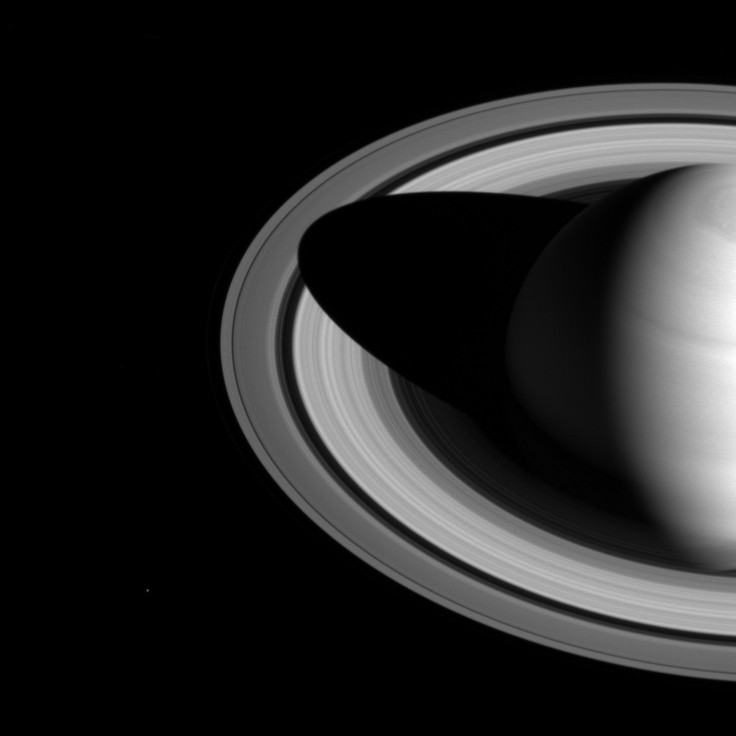Saturn Rings In Danger Of Disappearing Because Of Humans, Scientists Warn

A group of scientists recently warned that Saturn’s famous rings could disappear eventually, no thanks to humans.
According to Inverse, asteroid miners and tech billionaires could plunder precious rocks from space, including the icy rings of Saturn, in the very near future.
This theory comes from a study conducted by a group of researchers who wrote for the upcoming issue of Acta Astronautica. The group suggested that relevant policymakers must come up with a clear set of guidelines and restrictions that should be strictly followed by everyone in the space industry.
“If we don’t think about this now, we will go ahead as we always have, and in a few hundred years we will face an extreme crisis, much worse than we have on Earth now,” Martin Elvis, senior astrophysicist at the Smithsonian Astrophysical Observatory and one of the two authors of the paper, said. “Once you’ve exploited the solar system, there’s nowhere left to go.”
Elvis was referring to private space agencies such as Elon Musk’s SpaceX and Blue Origin, both of which are changing the way we look at the space industry. SpaceX for one is making space travel more “affordable,” even promising space tourism to be a thing in the future. The company also hopes to establish human colonies in other planets like Mars.
Blue Origin, on the other hand, projects a future where millions of people could live and work in space. This multi-billion dollar industry of the future has piqued the interest of investors. However, putting this enterprise into fruition could mean harvesting resources of our solar system.
Elvis, along with co-author Tony Milligan, a philosopher at King’s College London, suggested the “one-eighth principle” for humans to handle resources from the solar system. The suggestion proposes that only one-eighth of our space system can be harvested while rest should be protected.
Aside from the rings of Saturn (which could be an abundant source of rocks and ice), humans could also mine the iron on the asteroid belt. The asteroid belt’s iron content is so abundant that even if only one-eighth is mined, it is still a million times more than what is found on Earth. Another example is Helium-3 which is said to be abundant in the moon and could be worth more than gold in the future.
© Copyright IBTimes 2024. All rights reserved.





















